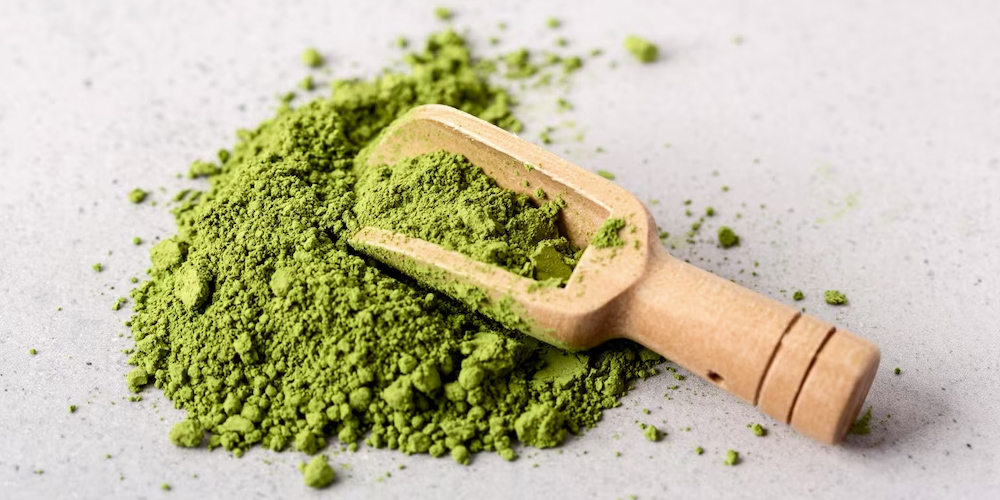
Kratom is a tropical plant that is indigenous to Southeast Asia, predominantly in nations like Thailand, Malaysia, and Indonesia. The scientific name of this famed plant is Mitragyna Speciosa. For centuries, the leaves of Kratom plants have been utilized to prepare traditional medicines that help treat various conditions like pain, anxiety, and depression. Depending on the dosage, the two primary active biochemical substances present in Kratom leaves—mitragynine and 7-hydroxymitragynine—offer both sedative and stimulating impacts on the body.
Kratom's legal status is flexible and varies greatly from country to country. Here is a summary of how legal Kratom is right now in different countries and regions across the world:
In the U.S.A: Kratom is legal on a national level in the US, but its legal status differs from one state to another. Many states, such as Alabama, Arkansas, Vermont, Indiana, and Wisconsin, currently prohibit Kratom. In fact, certain cities and counties have prohibited or restricted the use of Kratom even though it is legal in their respective states. Moreover, the FDA has cautioned people about the potential dangers of abuse, addiction, and serious health risks related to Kratom and does not recommend it for any medical purposes.
In Canada: Kratom is illegal to produce, distribute, or possess in Canada. It has been listed as a Schedule I substance under the Controlled Drugs and Substances Act. However, there are some inconsistencies in that since some can purchase Kratom through some brick-and-mortar and online stores under the false pretense of a different non-consumable product or incense.
In Europe: Kratom's legal status is distinct from one European nation to another. The Psychoactive Substances Act specifies Kratom as a Class C drug in the UK, making its cultivation, manufacturing, distribution, and ownership forbidden. Kratom is legal but controlled in many nations like France, Germany, and Italy. However, as the legal status of Kratom is subject to change, it is crucial to check the specific laws in all countries.
In Southeast Asia: Unexpectedly, the use of Kratom has been banned in many Southeast Asian countries, where Kratom originated. For more than seven decades, the plant had been considered illegal in Thailand, where Kratom is from, but recently, it was decriminalized in 2018 for medical purposes. Nevertheless, it is still prohibited to use Kratom for recreational purposes. Apart from that, Kratom is also banned in Singapore, Malaysia, Myanmar, and other nations in Southeast Asia.
In Australia and New Zealand: Kratom has been designated as a Schedule 9 prohibited substance in Australia and New Zealand, making it illegal to grow, manufacture, sell, or own.
Other Countries: The legal status of Kratom is ambiguous or unsupervised in many other nations around the globe. Therefore, it's always important to confirm the specific laws in your nation before you buy or use it.
In conclusion, the legality of Kratom is fluid and prone to change in many different countries. Henceforth, it's necessary to be conscious of the regulations that apply in your nation or region before purchasing or using it. While Kratom may be useful for alleviating pain, anxiety, and other conditions, there are also potential risks and side effects associated with it. Therefore, it is always advisable to consult a healthcare professional before trying out any new treatment or supplement.





